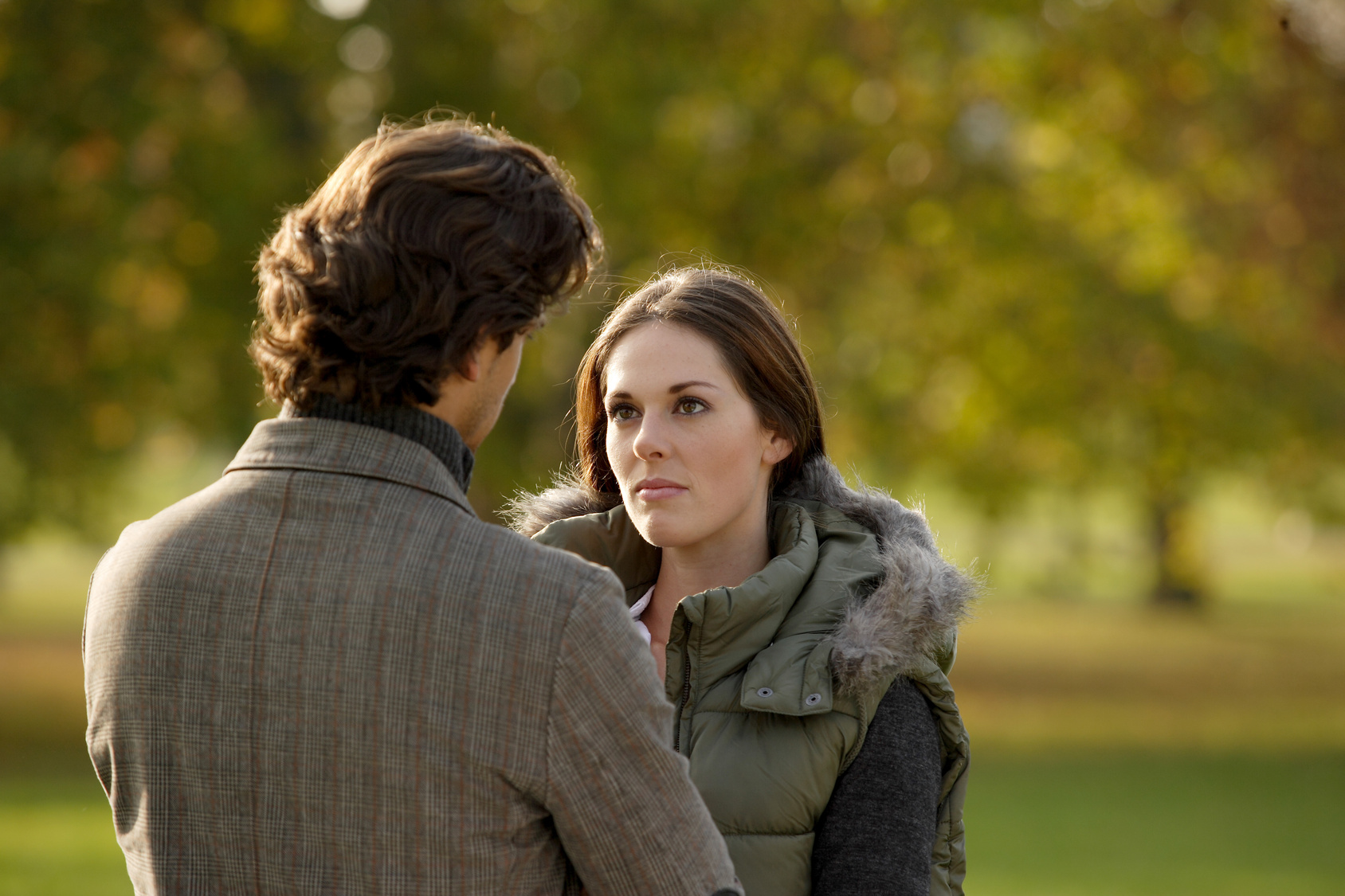
What is the reason passive-aggressive husbands behave so distant?
In any relationship developed with passive-aggressive husbands, any woman finds herself in the frustrating and confusing situation of loving a supposedly mature person who behaves in a very childish manner. We call it "sabotaging emotional bonds." This man, rather than accepting his role as a supportive adult partner often dumps his share of the relationship responsibilities off onto her. No matter what she tries, she is somehow always guilty or needs to change, etc.
If she tries to redress the issue he is throwing in her face, the response she gets is not a good conversation about “what do we need to do now to improve”, but blaming, accusations, bad temper and either sulking or complete withdrawal. She also finds herself frequently attacked out of nowhere, with snide or cruel comments, being emotionally stranded or even literally stood up, or denied sexual intimacy with no explanation.
All of these behaviors are typical of passive-aggressive husbands, seemingly childish reactions to today’s events, they are in fact based on childhood learning.
All relationship behavior is based on attachment styles that we learn from our earliest days of infancy. The way we were treated by our mothers or primary caregivers, the bonds that were developed with them, created in us styles in which we attach to and bond with other people from then on.
If our mothers were present, emotionally, and physically available to us, and approving and accepting of us unconditionally, we developed Secure attachment styles and are able to trust and love others as adults.
If our mothers were on again, off again, too busy to listen, or only offered love after it was shown to them, we developed Insecure attachment styles and though we want to bond, we as adults are anxious and concerned about our inherent worth and the risk of trust.
If our mothers were absent, physically or emotionally, and we were continually reminded to “toughen up” or “handle it yourself”, then we developed Avoidant attachment styles in which we protest the need to rely on anyone and push others away when they try to get close because we are “better off alone than hurt.”
All that is what happened to them in the past, why do they now behave in the same way?
People with avoidant attachment styles often carry over the self-preserving behaviors learned as children into their adult lives as Passive-Aggressive Behaviors - blaming others, putting someone down in order to boost themselves up, sulking or becoming silent when confronted, and withholding love as punishment or to protect themselves from the risk of being rejected or let down.
Passive Aggressive behaviors are, unfortunately, very effective for the person with an Avoidant attachment style
as he is able to keep everyone in his life at arm’s length by stepping back if they step too close, or punishing them and making them step back themselves if he feels threatened by intimacy.
Eventually, the passive-aggressive behaviors often become too effective, finally pushing away the people who try to love the Avoidant and leaving him alone after all, fulfilling his expectation that everyone will hurt him or leave him in the end.
If you recognize these passive-aggressive behaviors in your man, and you haven’t yet been pushed away entirely, it may be helpful to know that his hurtful behaviors are based on his learning as a child. His model of the world was shaped by unhappy and ineffective bonding when he was young and his resulting attachment style is what now fuels his reactions as an adult. He is attempting to both make emotional connections and protect himself from them, in the only ways that he knows how.
In order to change these destructive behaviors and repair his relationship, you and he need to learn more about how attachment influences relationships, here. To your happiness!
PD. We have developed all these science-based psychology supported ideas in another ebook: Perhaps you would love to read our last one? It clearly explains the roots of narcissistic, passive-aggressive behaviors...



